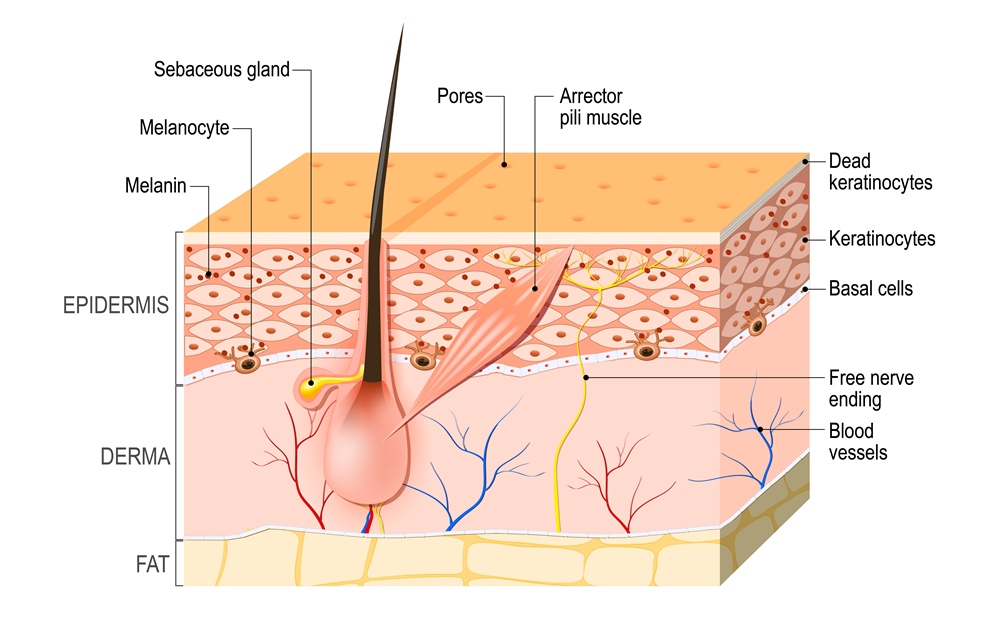tankasnowgod
Member
- Joined
- Jan 25, 2014
- Messages
- 8,131
A really interesting study. In the intro, the researchers state that Retinoic Acid has shown promise in improving fatty liver, but weren't aware of the mechanism. They conducted the following study, and found that Retinoic Acid did indeed reduce both the size and fat deposits in the liver, but did not do so by acting on the liver directly. Instead, it's therapeutic effects are thought to come from acting on the fat tissue, by reducing weight of WAT, and by preventing adipogenesis.
There were three groups of mice, the control group, the High Fat Diet group, and High Fat Diet plus Retinoic Acid group. What's even more impressive about this study to me is that both HFD and HFD+RA were fed the same diet for 12 weeks. At that time, they were divided, and one group got RA (at 50 mg RA per 1 kg diet), while the other didn't. Retinoic Acid reversed the weight gain and fatty liver of the treated mice, getting their weight down similar to controls, even while still eating the same High Fat Diet.
As if that wasn't enough, the HFD+RA group also saw increased oxygen consumption, CO2 production, and energy expenditure. Since there are threads on the forum that show that Vitamin A and/or Retinoic Acid also lowers (or antagonizes) estrogen, cortisol, and TSH, while raising levels of T3 and Testosterone, it seems like Vitamin A is a great vitamin for anyone looking to lose weight or increase metabolism.
There were three groups of mice, the control group, the High Fat Diet group, and High Fat Diet plus Retinoic Acid group. What's even more impressive about this study to me is that both HFD and HFD+RA were fed the same diet for 12 weeks. At that time, they were divided, and one group got RA (at 50 mg RA per 1 kg diet), while the other didn't. Retinoic Acid reversed the weight gain and fatty liver of the treated mice, getting their weight down similar to controls, even while still eating the same High Fat Diet.
As if that wasn't enough, the HFD+RA group also saw increased oxygen consumption, CO2 production, and energy expenditure. Since there are threads on the forum that show that Vitamin A and/or Retinoic Acid also lowers (or antagonizes) estrogen, cortisol, and TSH, while raising levels of T3 and Testosterone, it seems like Vitamin A is a great vitamin for anyone looking to lose weight or increase metabolism.
Results demonstrated that RA treatment for 8 weeks decreased the body weight of HFD-fed mice (Figure 1a) and no significant change in food intake was observed (Figure 1b). Compared with mice in the HFD group, those in HFD-RA group showed substantially decreased TC levels in the plasma (Figure C). Moreover, in glucose tolerance test (GTT) and insulin tolerance test (ITT), mice in the HFD-RA group showed improved glucose tolerance and insulin sensitivity (Figure 1d,F). Also, fasting glucose and HOMA-IR were significantly reduced in the HFD-RA group (Figure 1e,G). These results showed that RA treatment improved the metabolic function.
We tested the effect of RA on animal energy expenditure using a laboratory animal monitoring system (CLAMS). The metabolic analysis showed increased O2 consumption, CO2 production, and respiratory exchange ratio (RER) in the HFD-RA group compared with the HFD group during dark period (Figure 2a-C). Importantly, the protective effect of RA was associated with a significant increase in energy expenditure as evaluated by the oxygen consumption test. Further, the values of respiratory metabolism parameters were higher in the HFD-RA group than in the HFD group mainly in the dark period. These data demonstrated that the increased energy expenditure induced by RA could be the primary contributor for the prevention of obesity in NAFLD mice.
RA exerts therapeutic effects by targeting the adipose tissue
WAT functions primarily as a key regulatory centre of energy metabolism and a site for fuel storage [10]. Considering the increased energy expenditure induced by RA (Figure 2), we then evaluated the effects of RA on WAT. In general, WAT is categorized as subcutaneous WAT, dorsolumbar WAT, perigonadal WAT, retroperitoneal WAT, gluteal WAT, inguinal WAT, and mesenteric WAT. Unlike our results observed in the liver, treatment with RA significantly reduced the weight of different WATs and interscapular brown adipose tissue (BAT) in NAFLD mice (Figure 4a-H). Furthermore, as shown in H&E staining, RA treatment reversed the apparent fat cell changes caused by HFD (Figure 4i). In addition, on using the OP9 differentiation model, we found that RA significantly affected adipose differentiation (Figure 4j). These data showed that RA treatment had a direct effect on WAT, and changes in WAT by RA could be the primary contributor towards NAFLD amelioration.


